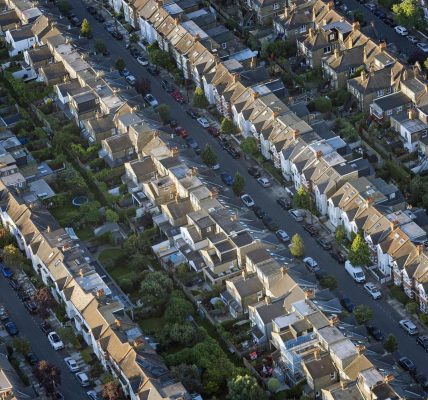How business travel will look in a post pandemic world – Rashmi Dube
Summer holidays are changing. It wouldn’t be so bad if someone could guarantee me some sunshine for the week in the UK.
What I am missing is not so much the mad dash to the airport, worrying if my luggage is overweight or fits in the overhead cabin or even the long security lines. I am just missing the option of air travel.
But there are bigger issues here other than simply the desire to want to travel by air, the actual ability to travel and have faith in its safety. All industries have been impacted by the pandemic, but it had to be a big blow to air travel when the Prime Minister announced that there was to be no foreign travel for leisure, and restrictions in place until at least July 1, 2021.
This brings us close to the school summer holidays when we will be facing a number of questions.
For instance, what will be the considerations when lifting the restrictions such as how safe is our country in terms of the pandemic and variants of the virus from abroad, how is the UK economy doing and will it benefit from staycations and is there a need for vaccine passports?
The more we try to create normality for ourselves, the more I feel the virus pushes back, and varies itself in order to out-survive our mental resilience of lockdowns and lack of socialisation.
Having airports like Leeds Bradford and Doncaster Sheffield on the region’s doorsteps has been a blessing and improved how we have travelled with no-frills airlines like Jet2 flying from our airports to popular sunny destinations.
Although I have to question just how much internal business travel will take place. Granted, a fair amount will return but I doubt to the scale we once saw. Why would people want to travel
as much for work given the costs, time, money and impact on your personal life?
But what happens when the borders do open? The concern is before we even board the flight. The airports will be open and have, to their testament, remained open, but people face six-hour queues getting through security, with passengers waiting on planes before being permitted to disembark due to the sheer volume of people.
Heathrow’s chief operating officer, Emma Gilthorpe, has stated that Border Force capability and resources needed to be improved in order to deal with the queues.
This of course was prior to the new rules. The Government and airports have four months to strategise a way forward to combat the issue of border controls. Failure to come to any real solution will impact passengers.
It is not just the ability to travel that needs to be saved but the airlines themselves. This, of course, does not take into consideration another key question – climate change. COP26 is being hosted in Glasgow this year and the UK is front and centre.
At the last summit there was tremendous backlash at the number of private jets that were used, and I cannot help wondering not about conversations that will be and are taking place, but rather what actions, if any, will result. The Global Carbon Project found in 2020, at the height of the pandemic, air traffic fell by 75 per cent and this resulted in a decline of approximately 60 per cent daily CO2 emissions.
There is going to be a lot of push and pull here at home on aviation at a time when the world’s eyes are firmly placed upon the UK and the COP26, combined with our need to secure trade agreements and the demand from the public for a holiday abroad.










